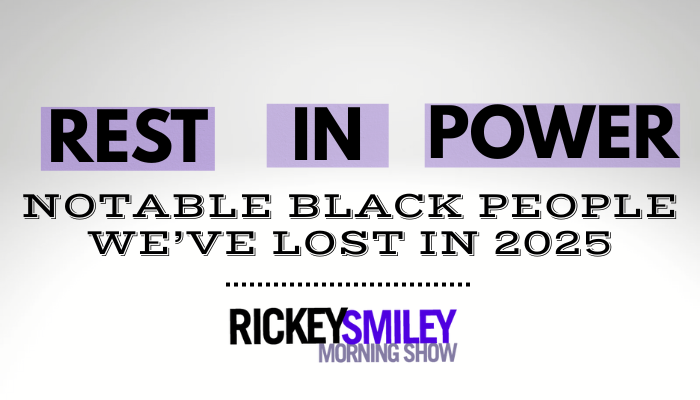The Internet Drags Music Video For Timbaland's AI Artist TaTa
That Aint It: The Internet Responds To The First Music Video From Timbaland’s AI Artist TaTa

Timbaland’s entry into the world of AI music has stirred up something of a firestorm. Earlier this year, he officially announced the launch of Stage Zero, an AI entertainment company, along with its first virtual artist, TaTa. He framed this development not as a replacement for real musicians but as a creative extension. The process involves uploading demos into the AI engine (via an AI tool called Suno) and then refining or layering human-written lyrics on top of what the AI generated. Timbaland himself has spoken of TaTa as a “living, learning, autonomous music artist,” part of what he has nicknamed “A-Pop” (artificial pop, meant to usher in new realms of musical possibility).
Even before TaTa’s first single dropped, backlash erupted. Many hip-hop figures and fans saw the move as deeply problematic. Critics argued that AI-generated music threatens the livelihood and authenticity of human artists. Concerns have also arisen regarding ethics and transparency, with many accusing Timbaland of hypocrisy. After inviting artists to submit demos under his previous label initiatives, then pivoting to launch an AI artist, questions have been raised whether those demos might have been used (directly or indirectly) to train the AI. Hip-hop purists and long-time fans condemned AI music as cold, derivative, or lacking in soul. They added that AI music can mimic structure or style, but cannot truly embody lived experiences, emotion, or cultural nuance. Some also pointed to legal and copyright dangers, with the main question being: how does one properly clear or credit sources when an AI is trained on massive catalogs of preexisting music?
When TaTa’s first music video for the track “Glitch x Pulse” was released, the controversy intensified. Rather than tempering critics, it became a lightning rod for more scorn. On social media platforms and in hip-hop communities, users dragged the video for feeling sterile or gimmicky. Commenters mocked the visuals and the vocal delivery, accusing it of lacking the grit or authenticity of human performance. Some posted memes, sarcastic reactions, or direct critiques, suggesting that virtual artists should stay in the domain of cartoons or games, not rap. The blowback was especially fierce because fans believe that AI projects like TaTa could devalue work by up-and-coming human artists by replacing or overshadowing them. Check out TaTa’s video and the hilarious comment section below.
Beyond the social media storm, deeper controversies have bubbled up. Allegations surfaced that Timbaland had used a beat by producer KFresh without permission in an AI-generated track, feeding criticism about AI and music rights. Also, industry observers and artists like Will.i.am have acknowledged the potential of AI in music but warned that Timbaland’s rollout lacked full transparency. In defending himself, Timbaland has insisted that he still supports independent artists and denied using submitted music to train his AI. Still, the discourse around TaTa and Stage Zero has become a flashpoint in the bigger debate over AI’s role in creative industries.
Who owns the voices? What counts as artistry? At what point does technology overshadow the human stories at the heart of music? Hopefully these are all answers we will get in due time. What’s your stance on AI music overall? Let us know in the comments section.
MORE: D’Angelo’s Impact: Artists Who Have Been Inspired By The Neo-Soul Legend
- Rest In Power: Notable Black Folks Who We’ve Lost In 2025
- The 50 Hottest, Flyest & Sexiest Looks from Beyoncé’s ‘Cowboy Carter’ Tour
- Urban One Radiothon For St. Jude Kids Raises $1.6 Million
- Celebs Who Turn 50 This Year
- US Embassy Official Told Trump’s South African Refugee Program Is For White People Only, New Report Says
That Aint It: The Internet Responds To The First Music Video From Timbaland’s AI Artist TaTa was originally published on globalgrind.com







